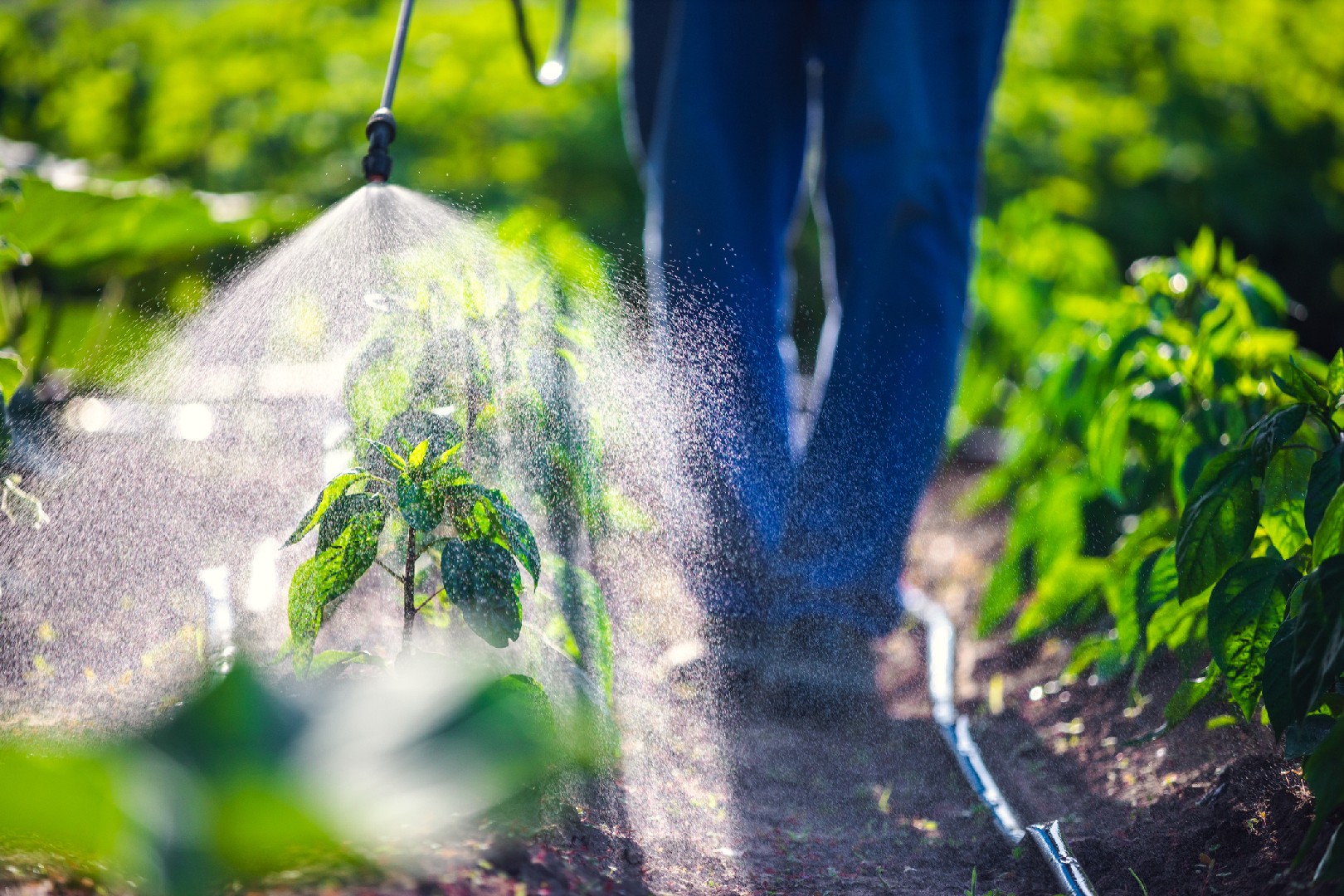![Rectangle]()
Beneficial Insects and Other Natural Predators
When it comes to keeping pests at bay in your organic edible garden, harnessing the power of beneficial insects and natural predators is a smart and sustainable approach. These creatures can play a crucial role in maintaining the health and balance of your garden ecosystem, reducing the need for harmful chemical pesticides. Let's take a closer look at some of the most effective natural predators and how you can attract them to your garden.
One group of beneficial insects that are known for their pest control abilities is ladybugs. These small, colorful creatures are voracious eaters of aphids, mites, and mealybugs, all of which can wreak havoc on your plants. By releasing ladybugs into your garden, you can naturally control these pests without harming your plants or adding chemicals to the environment. You can purchase ladybugs at your local garden center or nursery and release them at dusk onto infested plants.
Spiders, another natural predator, can be valuable allies in your battle against garden pests. While some spiders may be a bit unwelcome due to their appearance, they are actually beneficial because they help keep the population of insects like flies, mosquitoes, and aphids in check. Encourage spiders to make their home in your garden by providing them with suitable habitats, such as tall grass, piles of leaves, or a small dedicated spider house placed in a shady spot.
Ground beetles, with their large mandibles and swift movements, are also natural enemies of many garden pests. These beetles are known for their appetite for slugs, snails, and other crawling insects that can damage your plants. To attract ground beetles to your garden, create a diverse and lush environment by planting a variety of flowering plants, providing ground cover, and mulching with organic matter. These conditions will not only attract ground beetles but also help encourage a healthy garden ecosystem.
While insects play a significant role in pest management, it's important not to overlook the contributions of birds and small mammals. Birds, such as sparrows, wrens, and chickadees, feed on a wide range of insects, including caterpillars, grasshoppers, and beetles. To attract birds to your garden, install bird feeders with a mix of sunflower seeds, millet, and suet. Adding bird baths and providing shrubs or trees for shelter will also help create a bird-friendly environment. In addition to birds, small mammals like hedgehogs, shrews, and bats also play a part in pest control by consuming slugs, snails, and insects. Consider leaving small piles of leaves or brushwood to provide shelter for these furry helpers.
To make your organic edible garden as inviting as possible for beneficial insects, spiders, birds, and small mammals, there are several things you can do. First, avoid the use of chemical pesticides, as these can harm both pests and predators. Instead, rely on organic pest control methods, such as handpicking pests, using insecticidal soaps or oils, and maintaining a healthy garden ecosystem. Second, create a diverse and habitat-rich environment by planting a mixture of flowers, herbs, and vegetables that attract a wide range of pollinators and beneficial insects. Finally, provide shelter and water sources for birds and small mammals, as this will encourage them to visit and stay in your garden.
By harnessing the power of beneficial insects, spiders, birds, and small mammals, you can create a thriving and pest-resistant organic edible garden. Not only will this approach reduce the need for harmful pesticides, but it will also contribute to a healthier and more sustainable garden ecosystem. So, embrace these natural predators and take proactive steps to attract them to your garden today!





